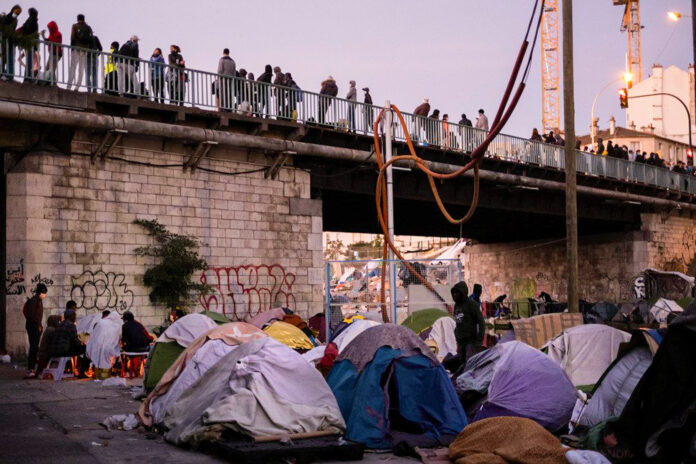Author: The New Humanitarian Team
Organization/Publisher: The New Humanitarian
Date/Place: December 29, 2021/Geneva, Switzerland
Type of Literature: Analysis
Word Count: 4900
Link: https://www.thenewhumanitarian.org/feature/2021/12/29/ten-humanitarian-crises-trends-to-watch
Keywords: Conflict, Crisis, Pandemic, Poverty, Hunger, Afghanistan, Myanmar, Asylum, and Mercenaries
Brief:
This analysis by a Geneva-based research publication is the outcome of its monitoring at least 60 countries that are home to the world’s top humanitarian hotspots. Every crisis is not discussed here. Pandemic-driven poverty and widening social inequality appears to be the top concern for the new year, while humanitarian crisis spurred by Western nations at their borders due to hostile asylum policies remains a concern of particular attention. The coronavirus pandemic has hit the economy hard, as the research finds up to 283 million people are experiencing food shortage at “an unprecedented level of hunger.” Recession has left a large number of people below the poverty line, affecting women more than other groups. Some communities are working among themselves to keep food-assistance kitchens running without the support of the state. Asylum seekers from Afghanistan, Haiti, and Myanmar continue to deal with rising hunger, a rise in the hiring of mercenary groups, political assassinations, climate change, and challenges to the passage of humanitarian aid. Turbulent Latin American politics and the Yemen crisis are top areas which seek attention during the current year. Researchers find a rise in hate spreading across social media. Drawing upon the confession of whistleblower Frances Haugen, the piece also discusses the rise in online hate crimes while pointing to Facebook’s role in tweaking algorithms to amplify and monetize hate speech. “The legacies of colonialism, occupation, and empire-building echo in each country’s present-day instability. Homegrown solutions and demands for new approaches from local aid workers and civil society continue to find a voice. But the international side of the aid sector – powered by mainly Western donor budgets and top-down plans – has never been quick to embrace change,” the report finds. It also blames Western democracies for creating humanitarian crises on borders for adopting hostile asylum policies.
By: Riyaz ul Khaliq, CIGA Non-resident Research Associate




